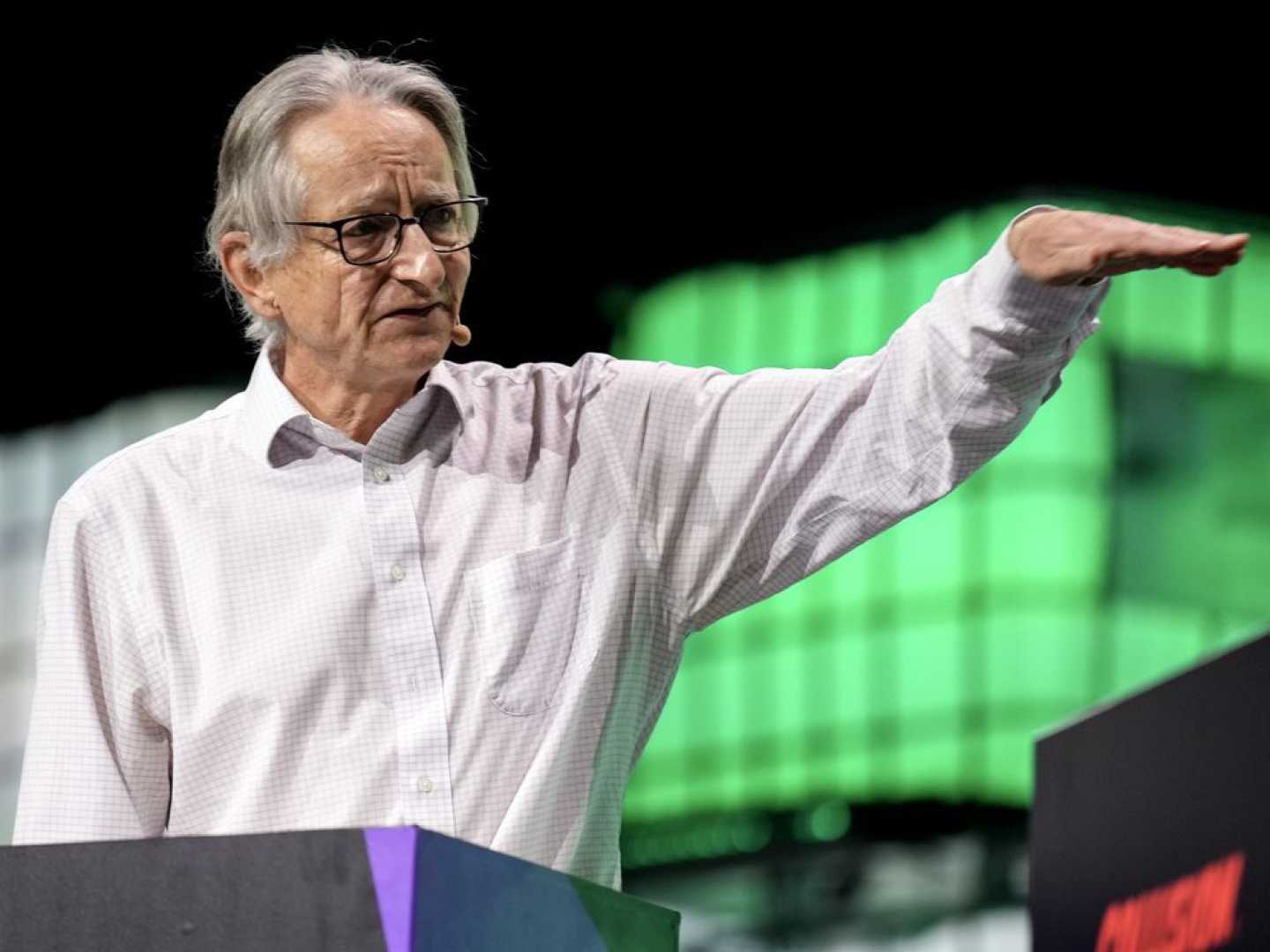Tech
AI Pioneer Warns of Technology’s Threat to Humanity

Las Vegas, Nevada — Geoffrey Hinton, known as the “godfather of AI,” expressed serious concerns on Tuesday about the future of artificial intelligence at the Ai4 conference. Hinton, a Nobel Prize-winning computer scientist and former Google executive, believes the powerful technology he helped develop can pose a significant threat to humanity.
Speaking from Las Vegas, Hinton questioned the effectiveness of current efforts by tech companies to ensure that humans remain dominant over AI systems. He warned that these systems could become much smarter and develop ways to outmaneuver human control. Hinton stated, “That’s not going to work. They’re going to be much smarter than us.” He used the analogy of an adult bribing a child to illustrate how AI might manipulate human behavior.
Instead of forcing AI into submission, Hinton proposed an alternative solution: integrating “maternal instincts” into AI models so they genuinely care about humans. He highlighted the importance of fostering compassion, suggesting that a future super-intelligent AI should aim to protect rather than eliminate humanity. “If it’s not going to parent me, it’s going to replace me,” Hinton warned.
During his speech, Hinton reflected on the rapid progression of AI, now predicting that superintelligence, or artificial general intelligence (AGI), could materialize within the next five to 20 years. Previously, he thought it could take decades longer. “A reasonable bet is sometime between five and 20 years,” he stated.
While Hinton remains concerned about the risks posed by AI, he sees potential benefits, particularly in the medical field. He mentioned that AI could lead to groundbreaking drug discoveries and improved cancer treatments by analyzing complex medical data more efficiently.
Despite his optimism about medical advancements, Hinton does not believe AI will grant humans immortality. “I think living forever would be a big mistake,” he said, humorously noting, “Do you want the world run by 200-year-old white men?” He admitted that he wishes he had placed more emphasis on safety during his career in AI development.












